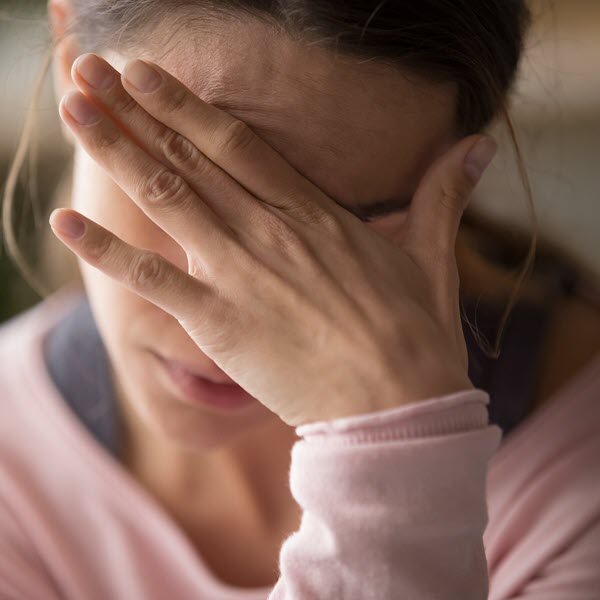CBD and Its Use in Treating Veterans with PTSD
Post-Traumatic Stress Disorder (PTSD) affects millions of veterans worldwide, often resulting in debilitating symptoms that can significantly impair their quality of life. Traditional treatment approaches have had mixed results, prompting researchers to explore alternative methods. One such method that has gained significant attention is the use of Cannabidiol (CBD) in treating veterans with PTSD.
CBD is a naturally occurring compound derived from the cannabis plant. It is known for its therapeutic properties and is non-intoxicating, making it an appealing option for those seeking alternative treatments for PTSD. With the increasing interest in CBD, researchers have been studying its potential impact on veterans and the management of their PTSD symptoms.
The Benefits of CBD in PTSD Treatment
Several studies have indicated that CBD may have a positive impact on reducing symptoms of PTSD in veterans. CBD interacts with the body's endocannabinoid system, which plays a crucial role in regulating various physiological processes. By modulating this system, CBD may help alleviate symptoms such as anxiety, insomnia, nightmares, and hyperarousal commonly experienced by veterans with PTSD.
Furthermore, CBD has been found to have anti-inflammatory and neuroprotective properties, which could be beneficial in reducing the long-term effects of trauma on the brain. This potential neuroprotective effect has sparked interest among researchers, as it may offer hope for preventing or minimizing the development of chronic PTSD in veterans.
The Challenge of Balancing Factors
While CBD shows promise in the treatment of PTSD, there are several factors that need to be carefully considered. One of the challenges faced by medical professionals is determining the appropriate dosage of CBD for veterans with PTSD. CBD affects individuals differently, and finding the right balance is crucial to optimize its therapeutic benefits.
Additionally, CBD use is not without its potential side effects. Although generally well-tolerated, some individuals may experience drowsiness, dry mouth, or changes in appetite. These side effects can vary from person to person and may require adjustments in dosage or regimen.
Therapy and CBD: A Comprehensive Approach
It is essential to note that CBD should not replace traditional therapy approaches for PTSD. Instead, it should be seen as a complementary tool in a comprehensive treatment plan. Therapy, such as cognitive-behavioral therapy (CBT) or eye movement desensitization and reprocessing (EMDR), provides veterans with the necessary tools to manage their PTSD symptoms effectively.
When combined with therapy, CBD may enhance the overall treatment outcomes. It can help individuals feel more relaxed and focused during therapy sessions, enabling them to engage more fully in the therapeutic process. Furthermore, CBD's anxiolytic properties may reduce anxiety levels, making therapy sessions more manageable and productive for veterans.
Considering the Impact
When making decisions about CBD and its use in treating veterans with PTSD, it is crucial to consider its potential impact. CBD is still an area of active research, and further studies are needed to fully understand its long-term effects, optimal dosage, and potential interactions with other medications.
Including veterans in the decision-making process is vital. Each veteran's experience with PTSD is unique, and what works for one individual may not work for another. It is important to have open and honest conversations with veterans to understand their preferences and concerns regarding CBD treatment.
Conclusion
CBD holds promise as a potential treatment option for veterans with PTSD. Its therapeutic properties, when combined with traditional therapy approaches, may help alleviate symptoms and improve overall well-being. However, it is essential to approach CBD treatment with caution and under the guidance of medical professionals.
As researchers continue to delve into the potential benefits and shortcomings of CBD, it is crucial to prioritize the well-being and individual needs of veterans. By considering the impact, balancing the factors involved, and embracing a comprehensive approach to treatment, we can strive to provide the best care possible to those who have served our nations.
